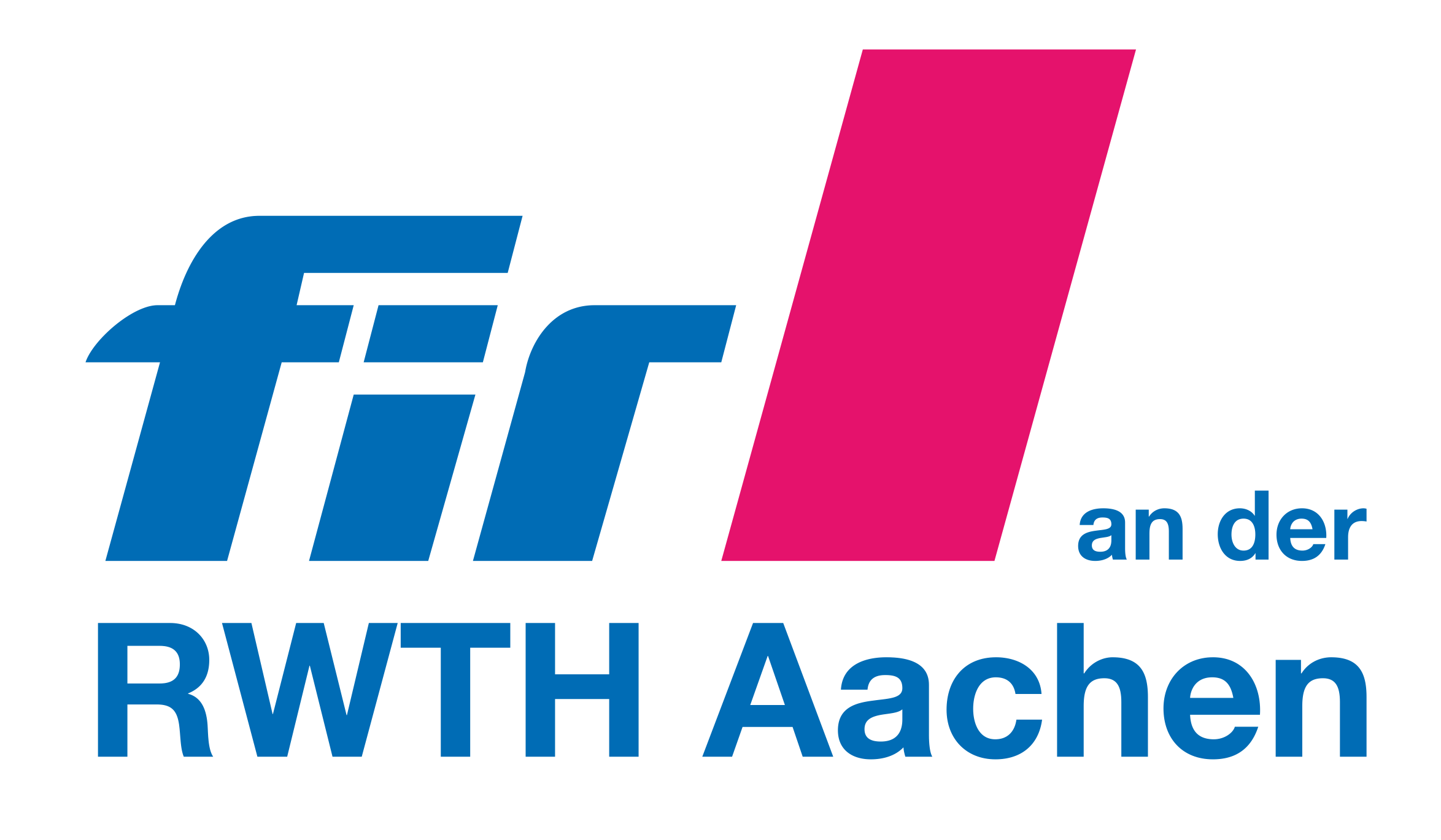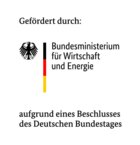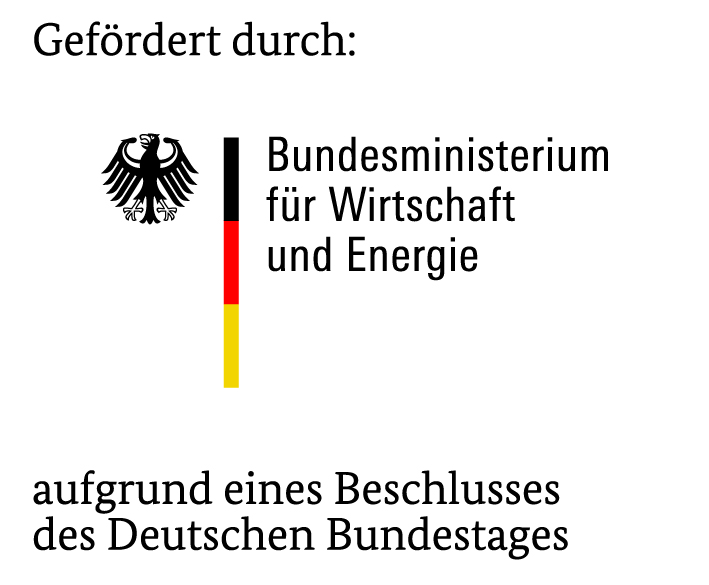FuturePro
Hybrid Project Management

The aim of the FuturePro research project is to design a holistic project management system (PMS) for development projects of small and medium-sized enterprises (SMEs) in mechanical engineering and plant construction, which serves SME-specific requirements. The PMS should provide companies with an optimal mix of existing and further developed project management approaches (PMA).
Initial situation
SMEs in mechanical engineering and plant construction are facing tougher challenges today, such as:
- increasing complexity of customer and market requirements,
- increasingly shorter innovation cycles,
- increasingly necessary interaction between various internal company areas as well as customers and suppliers.
SMEs are only able to meet these challenges to a limited extent with their existing project management systems. Currently, only SMEs at least use a coordinated approach when carrying out projects. The main reason for this is that existing project management approaches - whether classical, agile or hybrid - are designed for large companies. They are based on a large use of resources, which is reflected in the number of different roles, the need for different qualifications and the time capacities. SMEs do not possess these resources. Therefore, it is necessary to adapt existing project management approaches and to further develop them specifically for SMEs.
The research question of the FuturePro project is derived from this: How can a holistic project management system for development projects in SMEs in the mechanical and plant engineering sector be designed in order to provide companies with an optimal mix of existing and further developed project management approaches?
Solution approach
The FuturePro research project answers this question in six work packages:
The first work package analyses the characteristics that can be used to select a project management approach for an individual project. The second work package serves the identification of the basic conditions and characteristics with the organization of a holistic project management system and the investigation of the possible characteristics. These characteristic values are checked for typical combinations in work package three and SME-specific scenarios for mechanical and plant engineering are derived from them. The fourth work package serves to answer the question of how a project management system should be designed for the identified scenarios. In parallel, work package five examines how hybrid project management approaches - in combination with existing and further developed approaches - can be used in SMEs and optimally combined to form a project management system. In the sixth work package it will be worked out how the project management system can be implemented in SMEs. The aim is to implement it using a roadmap in the form of a digital app.
Expected Result
The practice-oriented results of the project range from the selection and design of project management systems for SME-specific scenarios to a roadmap with recommendations for action. The roadmap (in the form of a digital app) will support SMEs in their industrial implementation. The companies are to be enabled to make a self-assessment with regard to the characteristics and to receive a recommendation for the suitable project management system by classification in one of the identified scenarios.
Benefits for the target group
Immediate benefit:
- Reduction of project development costs
- Efficient product and service development
- Successful project implementation
Immediate benefit:
- Improvement of customer loyalty and satisfaction
- Improvement of market position
- Transference of findings to other industries
Branch
- Machinery and Plant Engineering
Topic Area
- Service Management
Research Focus
- Digital Products
- Subscription Business
Contactperson
Projectinfos
Duration
Funding no.
20578 NProject homepage
future-pro-pms.deFunding information
The IGF project 20578 N of the Research Association FIR e. V. at the RWTH Aachen University is funded via the AiF within the framework of the programme for the funding of cooperative industrial research (IGF) by the Federal Ministry of Economics and Energy (BMWi) on the basis of a resolution of the German Bundestag.
Further information
UdZ-Artikel: "Projekt FuturePRO: Erst der Check, dann das System"





